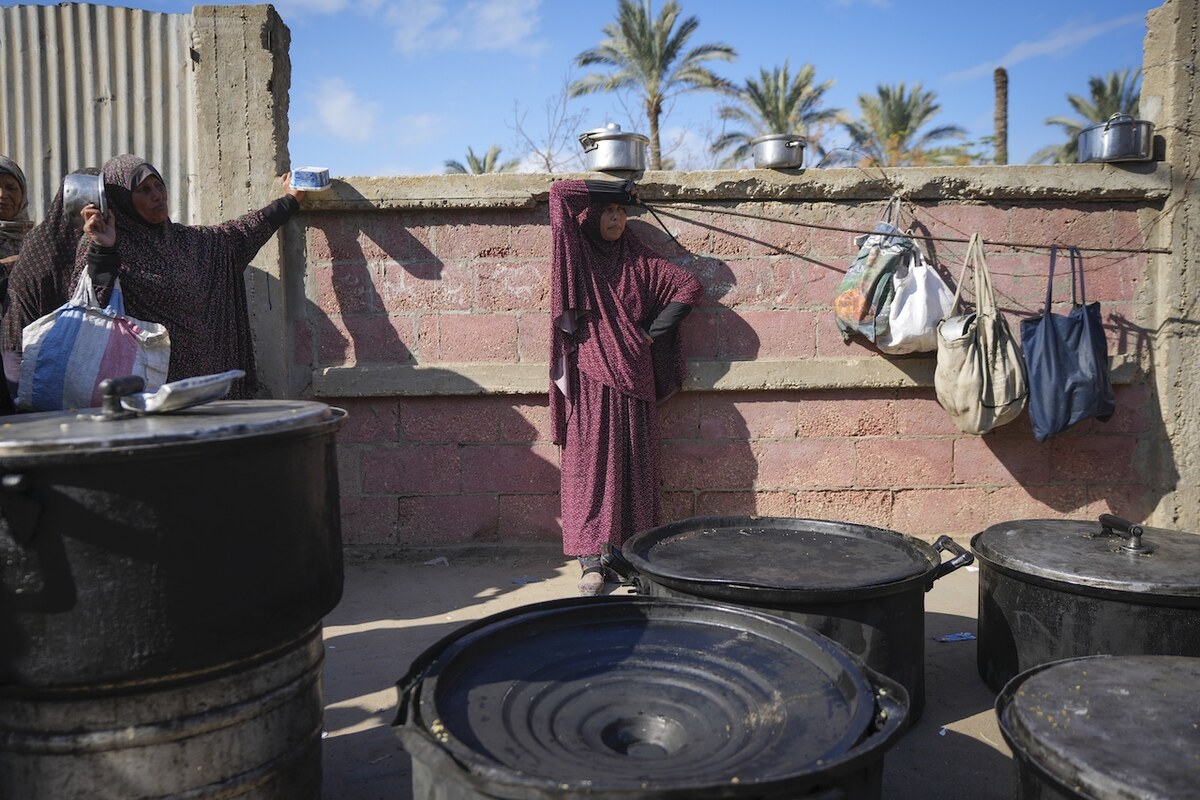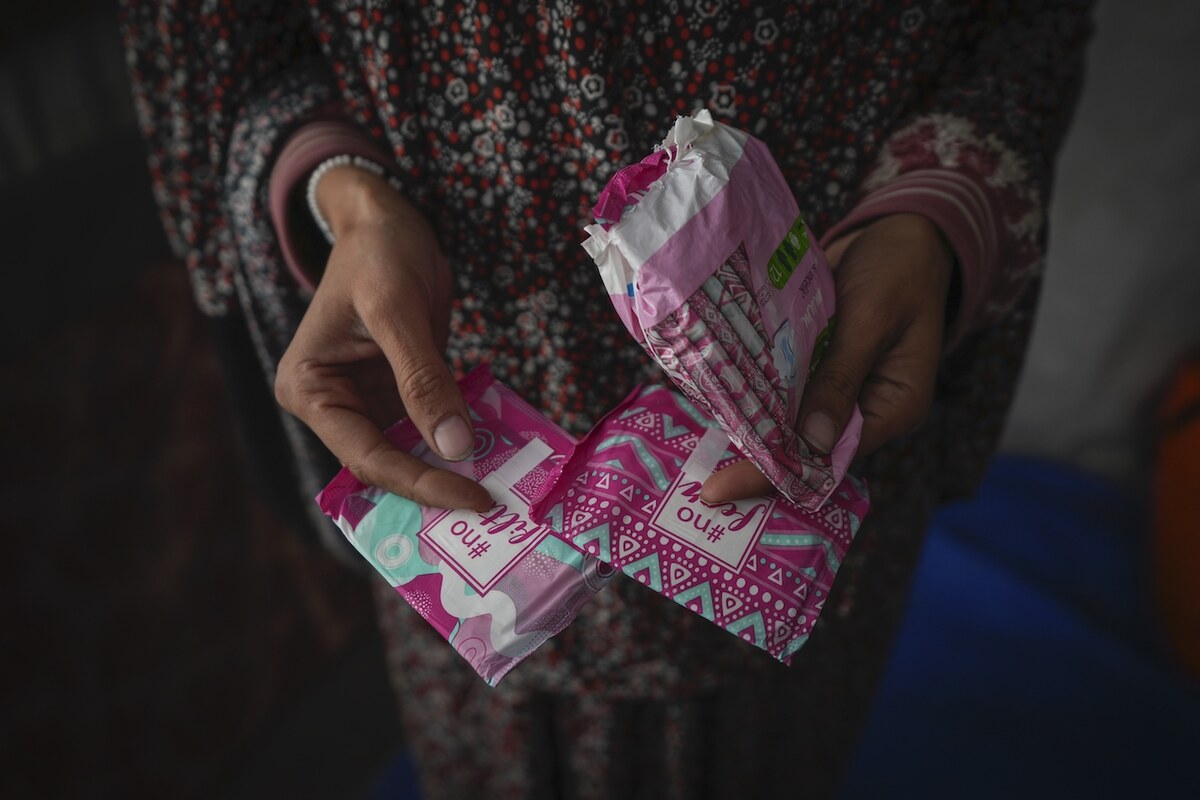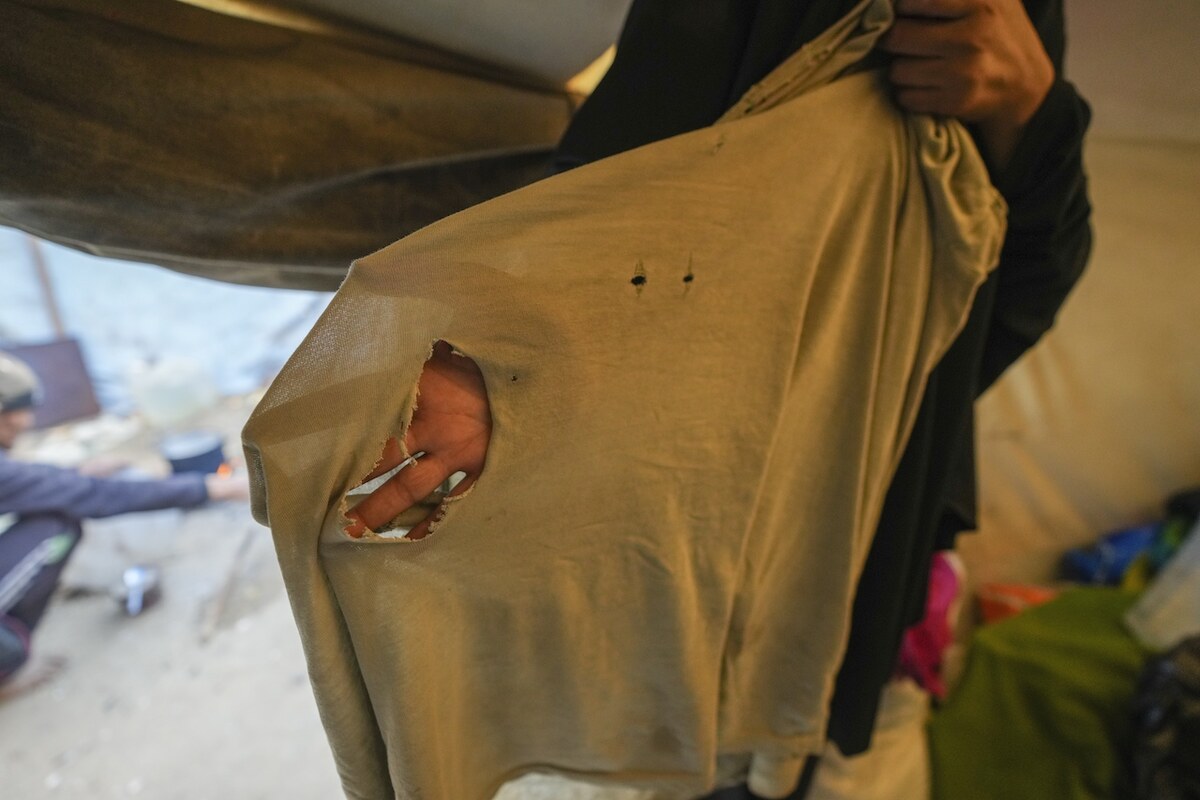BEIRUT: The Israeli military carried out dozens of airstrikes on southern Lebanon on Saturday, targeting forests and valleys about 30 km from the border and escalating the conflict to new levels.
Israeli reconnaissance planes flew at low altitudes over Beirut, its suburbs, and various other regions of Lebanon, reaching Hermel in the far north.
Seventy airstrikes were carried out in the south and western Bekaa within one hour, targeting Zawtar, Deir Seryan, Qotrani, Rihan Heights, Mahmoudiyeh, the Litani River at the outskirts of Khardali, Sohmor-Libbaya, Tayr Harfa, the area between Zrariyeh and Ansar, the area between Kounine and Aainata, Mays Al-Jabal, Alma Al-Shaab, the heights of Iqlim Al-Tuffah, the area between Deir Al-Zahrani and Roumine, and Wadi Al-Numairiyeh.
For the third consecutive day, Hezbollah’s response was limited to the use of Katyusha rockets.
The party announced it had targeted “the Air and Missile Defense Headquarters at Kela barracks,” the “command headquarters of the Sahel Battalion at Beit Hillel barracks,” the “positioning center of the 631st Reconnaissance Battalion of the Golani Brigade in the Ramot Naftali barracks,” and the Zar’it barracks.
The Israeli army confirmed that “rockets fell in the Adamit area in Western Galilee and in the Birya area near Safed, and the rocket barrages fired from southern Lebanon targeted the Golan Heights, Safed, and the Hula Valley.”
On Saturday morning, Hezbollah said that Israel had targeted a meeting of leaders of its elite Radwan Force in an airstrike on a residential building in the Jarmous neighborhood of Beirut’s southern suburb on Friday, and revealed the names of the 17 senior Hezbollah members killed.
The most notable was Ibrahim Aqil, a founding member of the party, who “took charge of Hezbollah’s central training in the early 1990s and of the Islamic Resistance’s General Staff in the mid-1990s, and led the Jabal Amel Operations Unit from 1997 to 2000,” according to Hezbollah.
“As of 2008, he served as the deputy secretary-general for Operations, overseeing the establishment, development, and leadership of the Radwan Force until his martyrdom.”
Israeli radio reported on Saturday that “a reliable intelligence source conveyed information regarding a meeting of the leaders of the Radwan Force, which prompted the Israeli military to carry out an assassination operation in the southern suburbs of Beirut.” Dozens of civilians were also reportedly killed during the airstrike.
The structure, which consisted of eight stories and two underground levels, was reduced to rubble. On Friday night, the bodies of Hezbollah leaders were recovered, along with the remains of a family of four. However, other residents remain trapped beneath the rubble.
The latest toll of casualties from the attack, as reported by the Ministry of Health, stands at 31, including three children and seven women. Three of the victims were Syrians. The ministry added: “There is a significant number of body parts.”
A further 68 people were injured severely enough to require hospital treatment, and “15 remain hospitalized due to the severity of their injuries, with two cases classified as critical,” according to the ministry.
On Saturday, the operation to remove debris from the site continued. The Lebanese army cordoned off the area and additional heavy machinery was brought in. The operation is being conducted in collaboration with members of the Health Authority of Hezbollah and the Lebanese Red Cross, as they search for an estimated 23 missing people.
Movement within the district, which is classified as one of Hezbollah’s security zones, has significantly diminished.
One resident of the neighborhood, Faisal, told Arab News, “I have rented a house in the mountains and my family and I have decided to relocate there for the time being until the situation becomes clearer. What happened is horrific; the Israeli assault did not spare civilians or children.”
The attack occurred two days after the bombings targeting communication channels among Hezbollah members and their leaders, which resulted in the death or injury of hundreds and caused dozens to lose their sight — and which has raised numerous questions among residents of the area.
These inquiries focus on the “accountability of Hezbollah for the incidents that occurred” and the “rationale behind choosing a residential building for such an important leadership meeting rather than utilizing the tunnels that Hezbollah boasted about.”
Since Sept. 18, the total number of deaths resulting from airstrikes on the southern suburbs and the targeting of communication devices, has reached 70, according to the health minister. Fifty-six of those were members of Hezbollah. There are still 777 people in hospital due to injuries caused by exploding pagers and wireless devices, with 152 of them in intensive care.
The Hezbollah-affiliated Al-Rassoul Al-Aazam Hospital announced that one of its nurses had been killed in an airstrike.
The health minister characterized the multiple airstrikes as a “manifest war crime committed by Israel, disregarding international law, which stipulates the principle of protecting civilians from the effects of conflicts. The parties involved in the conflict must take all necessary precautions to avoid harming civilians and to distinguish between civilians and combatants during military operations. Failure to do so constitutes a violation of international law.”
Interior Minister Bassam Mawlawi described the situation in Lebanon as “critical,” and said: “We are going through a pivotal phase that necessitates vigilance and solidarity.”
He announced the authorities are “intensifying intelligence efforts on the ground,” and added: “We are monitoring travelers, hotels, Syrian and Palestinian camps, as well as any issues that could potentially result in internal security disturbances under the current circumstances.”





























